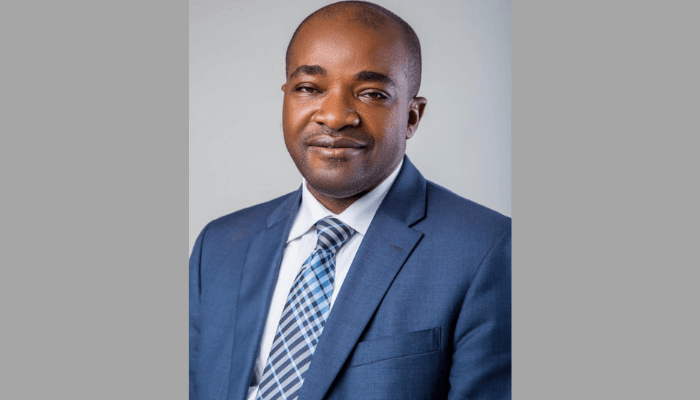Nigeria must demonstrate openness, fairness, and predictability to attract sustainable capital inflows, according to Olaniyi Yusuf, Chairman of the Nigerian Economic Summit Group (NESG), who noted that Nigeria’s foreign direct investment remains weak despite slight improvements in fiscal conditions.
In his opening statement at the ongoing Nigerian Economic Summit in Abuja on Monday, Yusuf said that the way Nigeria treats its domestic investors will serve as a signal to foreign investors assessing the credibility and stability of the country’s business environment.
He stressed that policy predictability, investment protection and transparent mechanisms for resolving business disputes are critical to rebuilding trust in the economy.
“How we treat domestic investors will provide the right signals for foreign investors,” Yusuf said, urging the government to prioritise clarity and continuity in economic policy.
The NESG chairman noted that while Nigeria’s fiscal condition has improved, the economy continues to face persistent inflationary pressures, high debt-service obligations, and subdued investor sentiment.
Read also: Nearly two-thirds of Nigerian MSMEs owners are 26–45 age group
“Our fiscal condition has improved, while expectation pressures persist, and the fiscal debt remains the same, widening to ₦15.5 trillion in 2024. Debt levels are stable, and the debt-to-GDP ratio of 40.6 per cent remains much the same, with a high debt-to-service ratio. Foreign capital is close to the boundary, yet foreign direct investment remains weak,” he said.
Yusuf reminded participants that policy credibility, incentives, and social competitiveness are essential to attracting long-term capital from both domestic and foreign investors. He said Nigeria’s economic story is one of transition of undeniable progress amid sustained fragility.
According to him, the NESG’s last three macroeconomic outlook reports have outlined a roadmap for economic transformation built around three key phases: stabilisation, consolidation, and acceleration.
Read also: N68bn National Arts Theatre remodeling: CBN, Bankers’ Committee’s investment in Nigeria’s cultural future
“Today, we can say that the stabilisation phase is materialising, albeit painfully and with fragility. But stabilisation, as necessary as it is, is not the destination, and so cannot be the end of our journey. If we stop here, we risk losing the progress that has been so courageously won”, he said.

